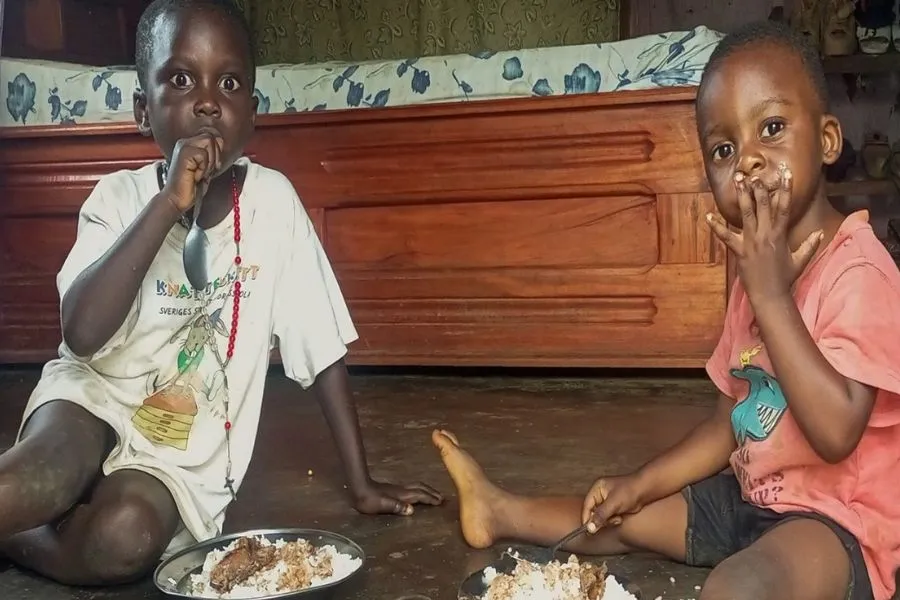Cameroon’s English-speaking regions plunged into conflict in 2016 after a protest by lawyers and teachers turned violent. An armed movement of separatists claiming independence for the so-called republic of Ambazonia emerged following the government’s crackdown on protesters.
School boycotts have become common in these areas, as have enforced moratoriums on public life known as "ghost towns".
In the July 28 report, Caritas Kumba officials note that since 2016, the socio-political Crisis in the North West and South West regions has created what they describe as “immense hardship for families and communities especially in the Diocese of Kumba.”
“Many people are still displaced, with local food production and markets disrupted,” they say, and add, “This food assistance has been a lifeline for many affected persons struggling to cope with the impact of the crisis.”
“Amidst the ongoing crisis, children have been among the most vulnerable and exposed to malnutrition and food insecurity,” the officials say, and add, “To this effect, Caritas’ assistance has been crucial in alleviating hunger and ensuring proper nutrition for children at this pivotal time in their development.”
The screening for malnutrition and distribution of super cereal, Caritas officials say, “has directly targeted at-risk children, providing specialized nutritional support where it is desperately needed.”
They hope to further expand their reach to “nourish even more children facing deprivation by meeting basic nutritional needs and boosting long-term food security.”
“Caritas aims to bolster long-term food security by supporting local farmers to enhance production and build assets so as to support more people whose livelihood have been affected,” they say.
Jude Atemanke is a Cameroonian journalist with a passion for Catholic Church communication. He holds a Bachelor’s Degree in Journalism and Mass Communication from the University of Buea in Cameroon. Currently, Jude serves as a journalist for ACI Africa.








